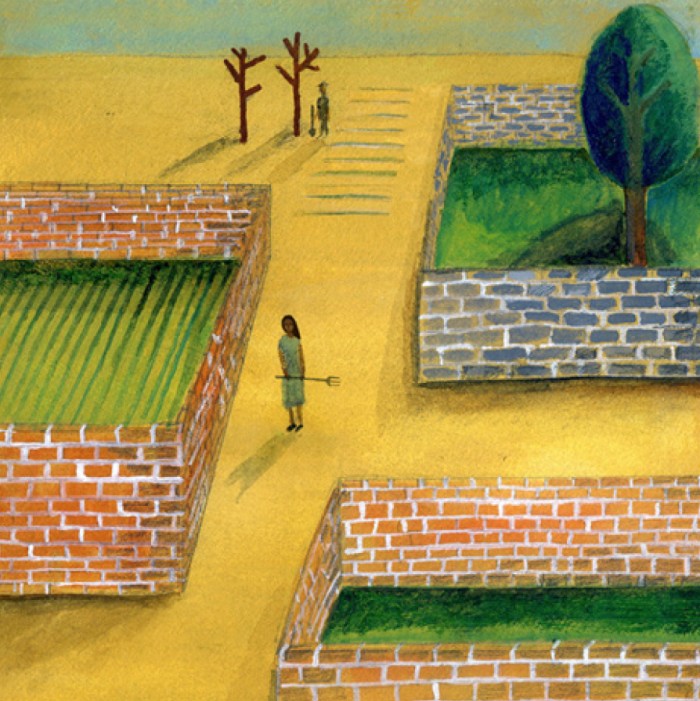Nyéléni Newsletter no. 9
“How firm we stand and plant our feet upon our land determines the strength of our children’s heartbeats.” – Poolly Koutchak, Unalakleet, Alaska
This April the World Bank is organizing again its annual conference on land and poverty. It is a big event gathering international bureaucracy, government representatives, mainstream academics, few big NGOs and the private sector. Under the title Land governance in a rapidly changing environment they will discuss, among other issues, how to deal with the governance challenges raised by large agricultural investments. In plain language, how to continue the appropriation of peoples’ lands and waters by private investors while pretending to help the poor. Also in April the International Monetary Fund (IMF) will hold a consultation process about the best use of natural resources for boosting living standards in developing countries. The IMF seeks to reassess its policy advice on the use of natural resources in development due to the growing importance of natural resources in many economies. Despite disastrous consequences, the International Financial Institutions (IFI) continue exercising a de facto ruling role in the international governance of land and natural resources. This role is profoundly illegitimate. A small group of rich countries defending the particular interests of business and finance together with their technocrats think they can decide over our lands and territories.
But this ruling role started to be challenged: Last 9 of March, the Committee on World Food Security (CFS) completed the intergovernmental negotiations of the FAO Voluntary Guidelines on the Tenure of Land Fisheries and Forests in the context of National Food Security. With the successful completion of these negotiations after a participatory process lasting nearly three years, the CFS has shown that it has the capacity to convene multilateral negotiations with broad social participation to discuss and propose solutions to one of the most pressing problems of our time. The Guidelines contain valuable points that will provide backing to organisations in their struggle to ensure the care and use of natural resources in order to produce more nourishing food, so helping to eliminate hunger by addressing its root causes. The CFS is a new international space with more democratic rules that allows people’s organisations to challenge the IFI’s recipes and ruling. This is a first step to democratize the decision making processes related to food and agriculture at the international level. April is also the month of the international peasant struggle. La Via Campesina has called on all of its members and allies, fisher-folk movements, agricultural workers organisations, environmental groups, women organisations and social justice movements to display massive popular resistance to land grabbing, to corporate control over land and natural resources and to defend small-scale, family based agriculture and food production as the most socially, economically and environmentally sustainable model of using resources and ensuring the right to food for all. Let’s take action!
Sofia Monsalve, FIAN International
Nyéléni Newsletter no. 9 – Land grabbing (April 2012)



 Help Food First to continue growing an informed, transformative, and flourishing food movement.
Help Food First to continue growing an informed, transformative, and flourishing food movement.




